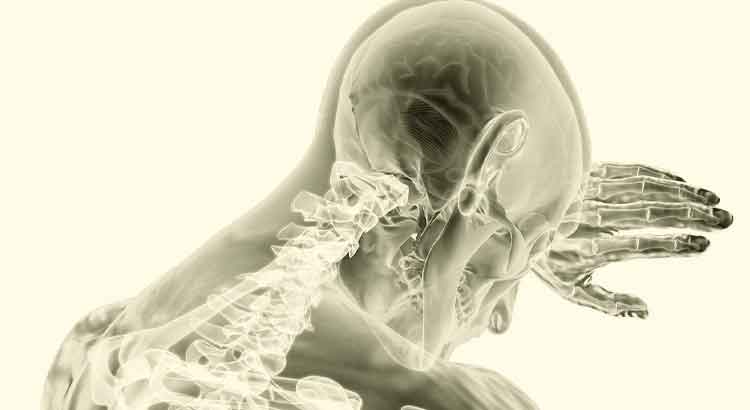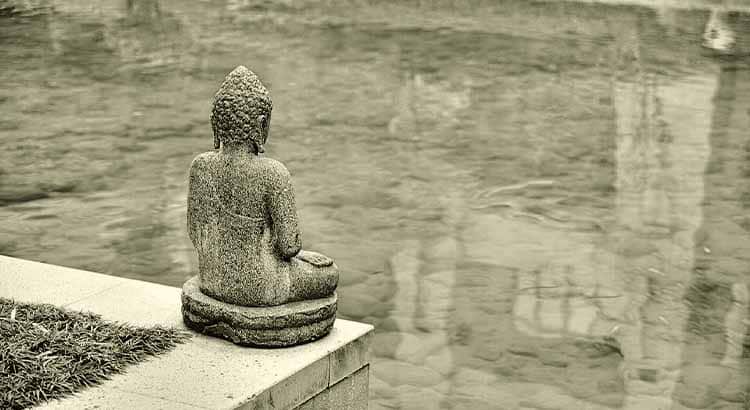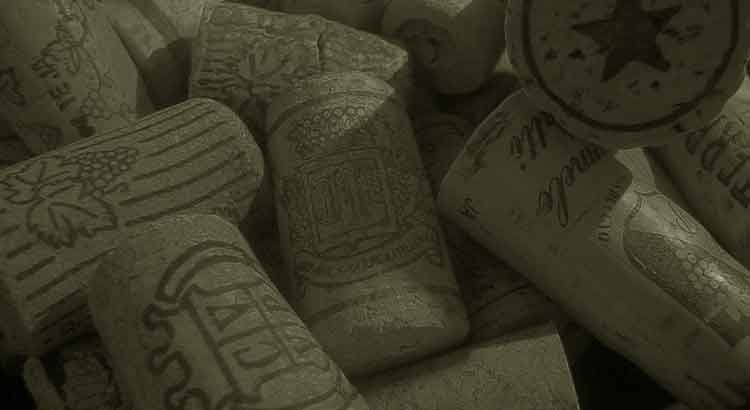If it causes strangeness, and a legitimate strangeness, for an intelligence like Schopenhauer to cling to a philosophy conceived at thirty and spend the rest of his life supporting it, what about Freud, old and white-headed, continuing to limit human psychology to “repressed sexuality” and childhood traumas? That is the end! It seems like a lifetime wasted, a lifetime in which the spirit has not been able to contemplate higher possibilities. Or else it is evidence of an invincible pride, which sabotaged itself by strangling any and all flashes that might jeopardize the conclusions of previous years. How is it possible, or rather, how can one not laugh when imagining Freud, at the end of his life, spouting the same litany over an equally old patient? Two men, with an open coffin already waiting for them, going through childhood episodes in order to claim them as agents of current actions. It is a real pity that Voltaire lived before Freud.
Tag: philosophy
The Taoist Perspective
There is a remarkable beauty when we meditate on reality from the perspective of Chinese philosophy, or more precisely, from a Taoist perspective. The principle of duality is justified because, ultimately, a balance, a harmony is necessary for the world to continue to exist. Taoism is a doctrine that forces us to overcome, in the micro and macro, the apparent chaos, providing only prolonged meditation as a means of overcoming. This will inevitably lead us to the redeeming conclusion, the effect of which is peace. It is impressive to note the applicability of what seems to be a very simple philosophy, since it is possible to verify the principles that support it wherever the lens is directed. It is, without a doubt, a doctrine worthy of admiration.
The Great Genius Most Often Lives Hindered
I believe it was Carpeaux who noted that the great genius most often lives hindered by circumstances. And even if he does not want to, even if he resists, a force seems to set him in motion, prohibiting unproductive inertia. Thus we have the most common profile: an individual neither poor, nor rich; neither totally deprived of means, nor blessed with too many facilities. He takes action; he does it because he needs to, because he feels pulsating a desire and a need to surpass himself, to elevate himself, which is nothing more than a flat refusal of his actual conditions. From this, he acquires an unbreakable motivation, ready to go to the ultimate consequences to achieve what he has set out to do. He adapts as best he can to the momentary hindrances and goes forward, always forward. Then, all this complex set of circumstances that Pessoa talks about, especially those of the environment, makes his spirit exceptionally vigorous, so that he is finally benefited by the necessary—as Pessoa also notes—”minimal episodes of luck”. It is a very interesting phenomenon, and one that makes one think…
It Is Indeed a Pleasure to Find in Authors…
It is indeed a pleasure to find in authors conclusions that we have reached previously and on our own. But nothing compares to finding them contrary to ours when, if they do not refute us completely, they prove to be equally reasonable. In the first case, we only rejoice out of vanity; in the second, we actually grow. It must be admitted, however, that this is a rare pleasure, hardly innate, and more often the result of a continuous effort, of an education of the mind to accept contradictions and understand reality as ambiguous and multifaceted—something that very few spirits are willing to do.



